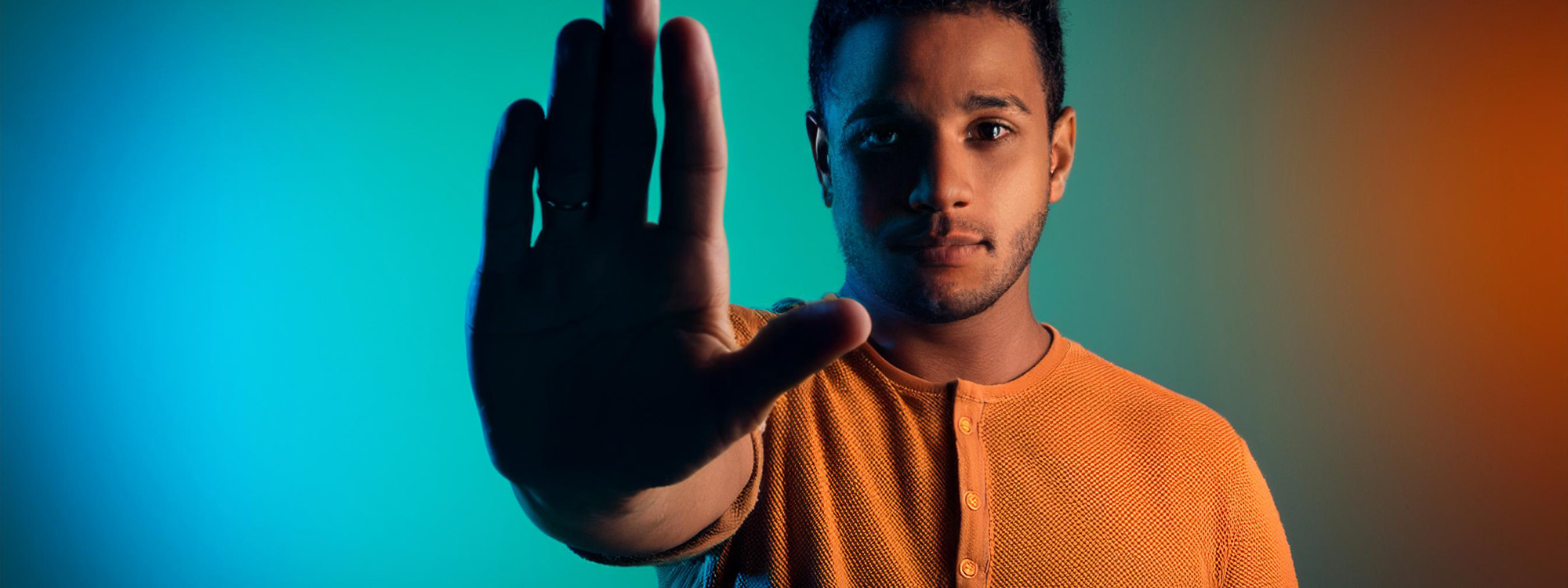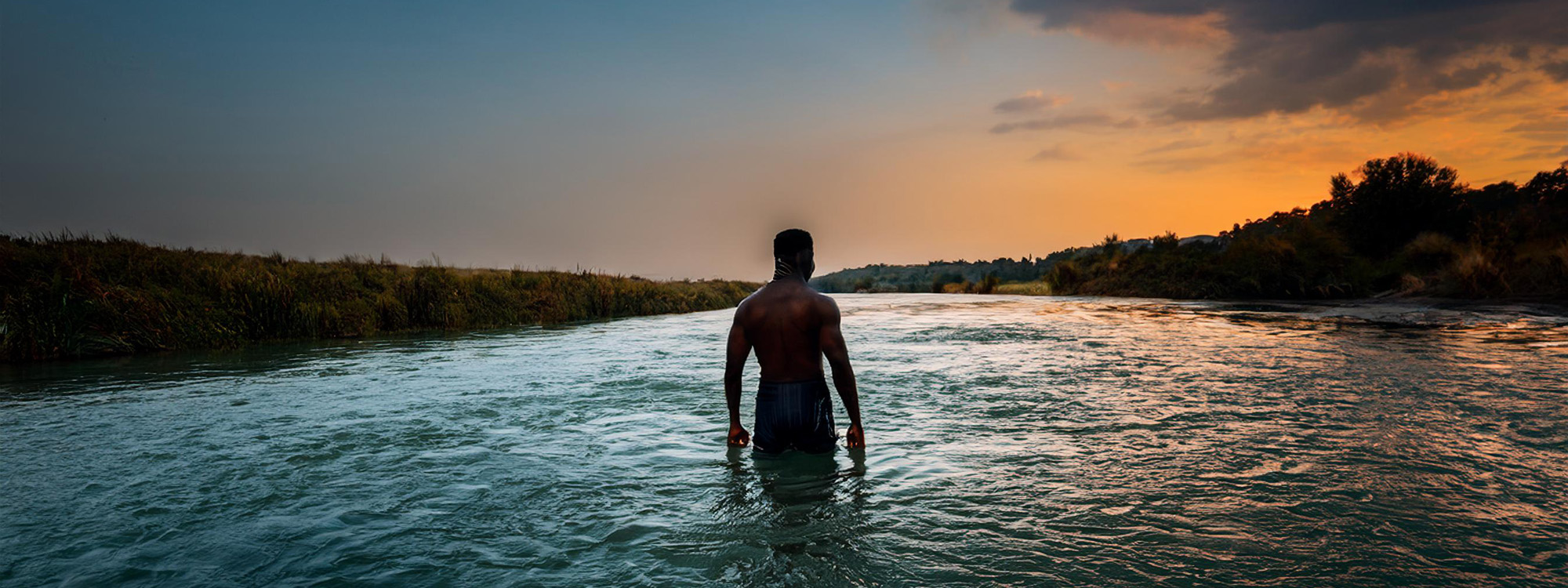| |
When you hear that someone has been found with CP images, consider that they feel terrible about it Ethan Edwards is the co-founder of Virtuous Pedophiles. Blog posts reflect his personal views, and are not statements from the organization. The law in many western countries calls for very harsh penalties for possession of CP (even without making it, paying for it, or distributing it).
I have speculated that one key element of public support for those penalties is assumptions about the state of mind of the viewers. The average person assumes that the viewers take pleasure from the child's suffering, think it's just fine that the child suffered for their pleasure, and feel no remorse.
I have been conducting an ongoing anonymous survey in the Virtuous Pedophiles online support group on this subject.
As of today, 50% of those who have seen CP at some point have chosen "I feel really bad about getting sexual enjoyment from a child's abuse".
Now, this is not a random sample of pedophiles or CP viewers. The VP support group is primarily composed of those who are against legalizing adult-child sex. So it is a biased sample.
Still, when you hear that someone has been found with CP images, keep in mind the strong possibility that they feel terrible about it — and felt that way before they were caught, a point after which expressing remorse might involve self-interest. I don't in this post want to list the other options (though the vast majority of the others did not want the child to suffer), because they are ones that tend to give rise to an emotional response. I want to focus attention on the 50% who did not choose those options.
Elsewhere in the law, we assume the best intentions of criminals until worse intentions are proven. First degree murder involves premeditation, and the prosecution has to prove premeditation. If it is unclear, then the suspect can be convicted only of second degree murder. Another case is that often there are more severe penalties if a crime is motivated by the victim's race (or religion or ethnicity) and thus a hate crime as opposed to motivated by more ordinary factors. The prosecution has to prove the motivation involved the victim's race.
In considering proper penalties for CP possession, you (as a citizen whose voice ultimately determines the proper penalties for crimes) should be assuming that the victim felt bad about their viewing. You might feel that more severe penalties would be warranted for those who feel no remorse, but if so it should be up to the prosecution to prove lack of remorse.
About the author: Ethan Edwards is a pseudonym. I am a pedophile, always celibate, and I have never seen child pornography. My attraction is strongest to girls around 4 years old, but I am also attracted to girls and women up through their 30s or beyond. Now in my late 60s, I'm divorced and living alone. I was married for over 10 years and was heavily involved with raising my 3 daughters. For most of my career I was a successful software engineer. I am very unusual for a pedophile in that I didn't realize that I was one until I was in my 50s—but it was there all along. I am angry that we all must remain silent or risk losing everything. That was my mindset when I co-founded Virtuous Pedophiles in 2012. I soon learned of the the terror of the typical pedophile who realizes as a teenager that his attraction isn't going to go away, who has nowhere to turn for help. The injustice I am most passionate about is the harsh legal penalties imposed on pedophiles who passively view illegal images of children. I stepped down from my role as a director of Virtuous Pedophiles early in 2024 and am delighted to pass the mantle on to a younger generation. This content was taken from Ethan's longstanding blog, Celibate Pedophiles. Some of the titles and taglines have been edited for their inclusion at thepword.
You can see an earlier version of the blog at the wayback machine. | |






 thread: where do anti-contacts come from?
thread: where do anti-contacts come from? thread: welcome, pandemic maps!
thread: welcome, pandemic maps! surprise: why no adult relationships? it's stigma, not lack of desire
surprise: why no adult relationships? it's stigma, not lack of desire